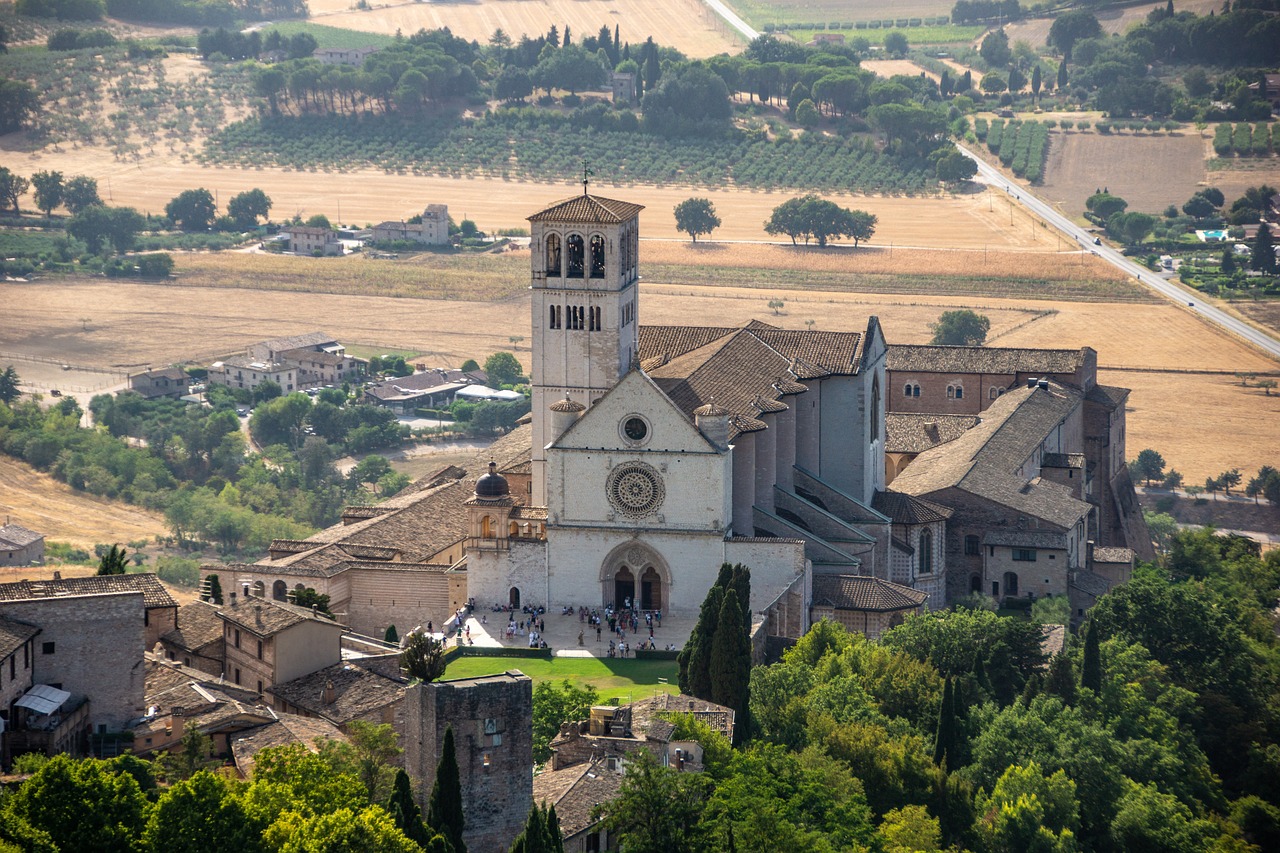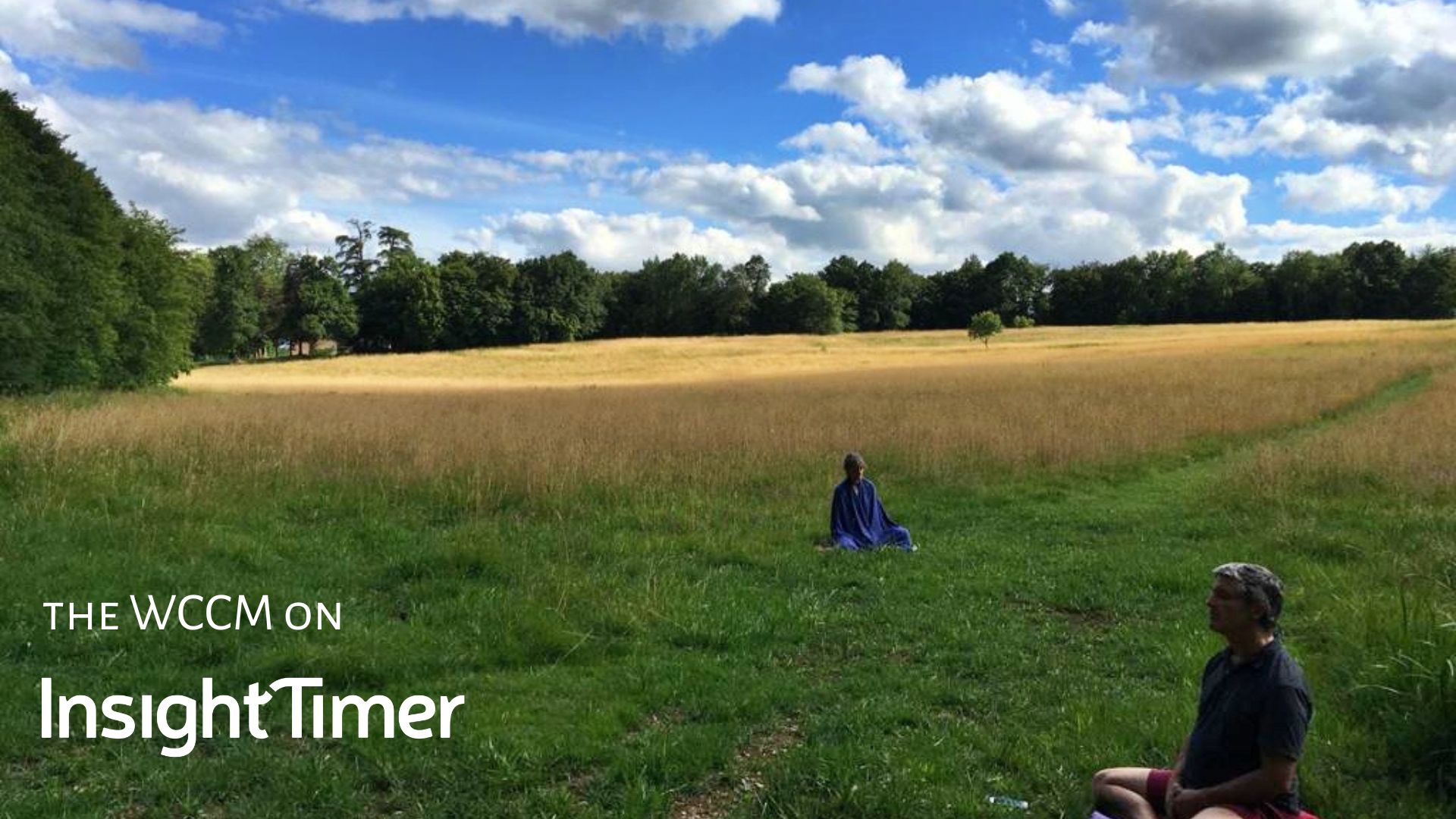Also Listen on:
Yesterday we started with healing blindness, moved on to a barrow of colourful fruit and ended with religion like a rogue elephant trampling humanity when it forgets what contemplation means – and that it is meant for everyone.
I don’t think we will ever have a perfect religion which always holds the balance of contemplation, theology and externals, any more than we will ever have a perfect democracy. By nature, religion and democracy are flawed. In the heavenly Jerusalem (Rev 22), there is no temple and God is the unelected absolute ruler. But, as a political friend of mine says, ‘to avoid the worst is also a good thing. So, we have to do our best with both religion and politics even if it means getting thrown into prison or burned at the stake.
The loss of contemplation as the essential truth of religion matters: because it is the central truth and meaning of the human journey. Aristotle said that a ‘life of contemplation is the ‘best and happiest life for both gods and humans’. If you don’t trust pagan wisdom, Aquinas said ‘all other human activities seem to be ordered to the goal of freeing us for the activity of contemplation’. If you think this means just thinking about heavenly things, St Bonaventure explains: “For this passover to be perfect, we must suspend all the operations of the mind and we must transform the peak of our affections, directing them to God alone. This is a sacred mystical experience.’
Lacking some taste of the sweet fruit and sight of the beautiful colour of contemplation, this might seem like dangerous ant-intellectualism. Or, as some critics think, meditation is a blanking out of the mind and that will let the demons in; whereas in fact it strengthens the mind and kicks the demons out.
Absolutising thought is a common human error. It is prevalent in our techno-scientific culture and leads to a preference of virtual reality to the real thing. For example, Zoom is a not bad thing because it has opened up wonderful new possibilities for encounters and exchanges. But as most people agree, real meetings are better. Without them zoom makes us zombies. Only absolutising something is dangerous because it reduces the dimensions of reality we can be conscious in and that truth demands. Eventually it would lead to reality being replaced by illusion. ‘Democrats are absolutely bad, so they are cannibalistic paedophiles’. Ridiculous, yes, but believers in it in the US peaked last year at 22%.
Absolutising thought, in the context of religious experience, is just as absurd and dangerous. The word ‘absolute’, however, does mean something valuable – perfect, complete. It is even related to ‘absolve’, to set free and declare innocent. But we should not absolutise something without also concretising it. Surprisingly, the word concrete essentially means to grow with (con-crescere), to unite together in a body.
Contemplation – and meditation in its original sense of preparing us for the grace of contemplation – is the marriage of the absolute and the concrete. It has many offspring.







